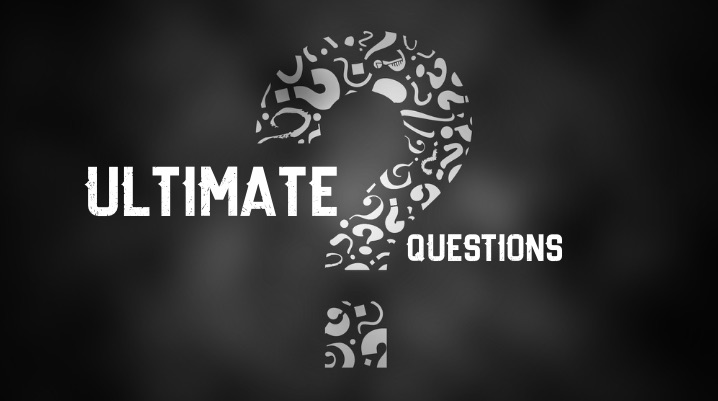If we believe that life is an accident, then all of it ought to be an accident: that also includes the basic reliability of our sense perception. If our thoughts and ideas are all just the random products of bio-chemical reactions wherein we may ‘feel’ human, then life is just an illusion. If we really believe that life came about from sheer randomness, how can we trust our perception of reality itself, and even the enjoyment of life, love, and beauty in all its forms? In fact, why even bother to read this if all your thoughts and judgments are nothing but the result of ‘predictable’ biological, mental processes? Perhaps our premise is wrong. Life cannot be a regularly occurring accident because we cannot truly live if we are enslaved by randomness, chance, and happenstance.
Knowing all things with absolute, exhaustive knowledge is impossible; many things are unfathomable. This is why it makes sense to trust God who knows everything on our behalf. We do not have to agonize over knowing everything, although God has given us all we need for spiritual life in his chosen means of authoritative communication today: His written Word.
The here and now is certainly important, but reality also includes what is unseen and immaterial, and are really beyond the scope of the scientific empiricism in the natural, physical world we live in. The best that that science can do is to observe the world already established in order, observe regularities, construct patterns but it must always be open to new discoveries. Today’s old discoveries were once earth-shattering breakthroughs in their cultural moments in the past. All truth is God’s truth after all. Good science serves to point to the glory of God in divine, intelligent design.
There are essential questions that can be answered and hard rationalism can’t even stand on its own weight, since everyone really places faith (or trust) in and believes in something (be it in God, themselves, agnostic skepticism or a belief in unbelief). We need to learn to doubt our doubts.
Our source of self-worth and what we built our identity upon do matter. Knowing what ‘luck’, ‘fate’, ‘destiny’, or ‘divine intervention’ really are, and the implications of having a worldview built around these does matter. We all have a purpose in living and it does matter to know, discuss, and weigh worldviews because articulating what we believe may unknowingly expose false assumptions we hold on to.

